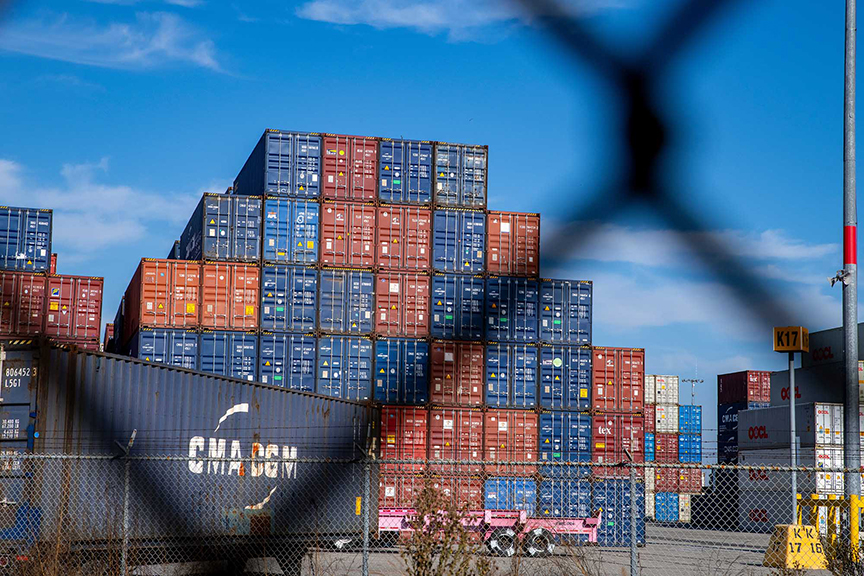As I pulled into a Buc-ee’s gas station here in Georgia last week, it was impossible to ignore the huge sign planted at the corner: “Tariffs are a tax paid at the pump by you, the consumer.”
Like most of us here in the Land of the Free, I’ve been hearing lots of anxiety lately over President Trump’s tariffs. That’s not a word many Americans hear in their day-to-day life, but they are essentially taxes (also called duties) placed on imported goods. Trump has significantly increased tariffs on many overseas products, especially those from China, Japan, and Europe.
Like many Americans, that’s not something that I was expecting to actually impact my life. But then I got a $58.50 bill in the mail from FedEx to pay “additional tariffs” on some high-tech, Chinese-made glasses I was planning to review for GearJunkie.
With Trump now implementing even more tariffs — 10% on all countries and higher rates for China, Japan, and Europe — many Americans may end up with a surprise bill for online purchases.
Let me explain.

A worker at OTTOLOCK’s Oregon workshop, which sells U.S.-made bike locks. The small company may benefit from increased tariffs on China, but many other outdoor brands could go out of business. Photo: OTTOLOCK
Careful what you order
GearJunkie editors constantly receive new gear for testing, so I barely thought about the pair of AI-powered cycling glasses that a Chinese company decided to send me. But then I received a phone call and email from FedEx asking me to clarify details about the shipment to get it past U.S. Customs officials.
A few days after that, I received the package with the glasses, followed by a bill in the mail from FedEx. They want me to pay $58.50 for the total duties associated with the shipment. It shocked me, as I’ve never received a bill like this.
Apparently, I’m not the only one. Other Americans across the country are receiving similar bills from delivery services like FedEx, DHL, and UPS, Reuters reported.
Surprised and a little agitated, I called the number for FedEx customer support. The line initially offers phone assistance and then informs you that it’s no longer available and you’ll need to use email.
When I heard back from FedEx via email, they explained that the Chinese company had indicated that the package’s recipient (me) would pay the additional taxes. That means FedEx must pay those taxes to get the package through Customs.
So to recap: the company passed on the burden of the tariff to FedEx, which then passed it on to me. Notably, FedEx did not answer my other question: What are the consequences if I don’t pay the tax?
But this episode also raises an even more important question: If foreign companies can simply choose to pass these taxes onto consumers, how will Trump’s tariffs actually hold them accountable instead of Americans?
I’m fairly certain the answer to those questions is the same. Nobody really knows.
This article first appeared on GearJunkie.






